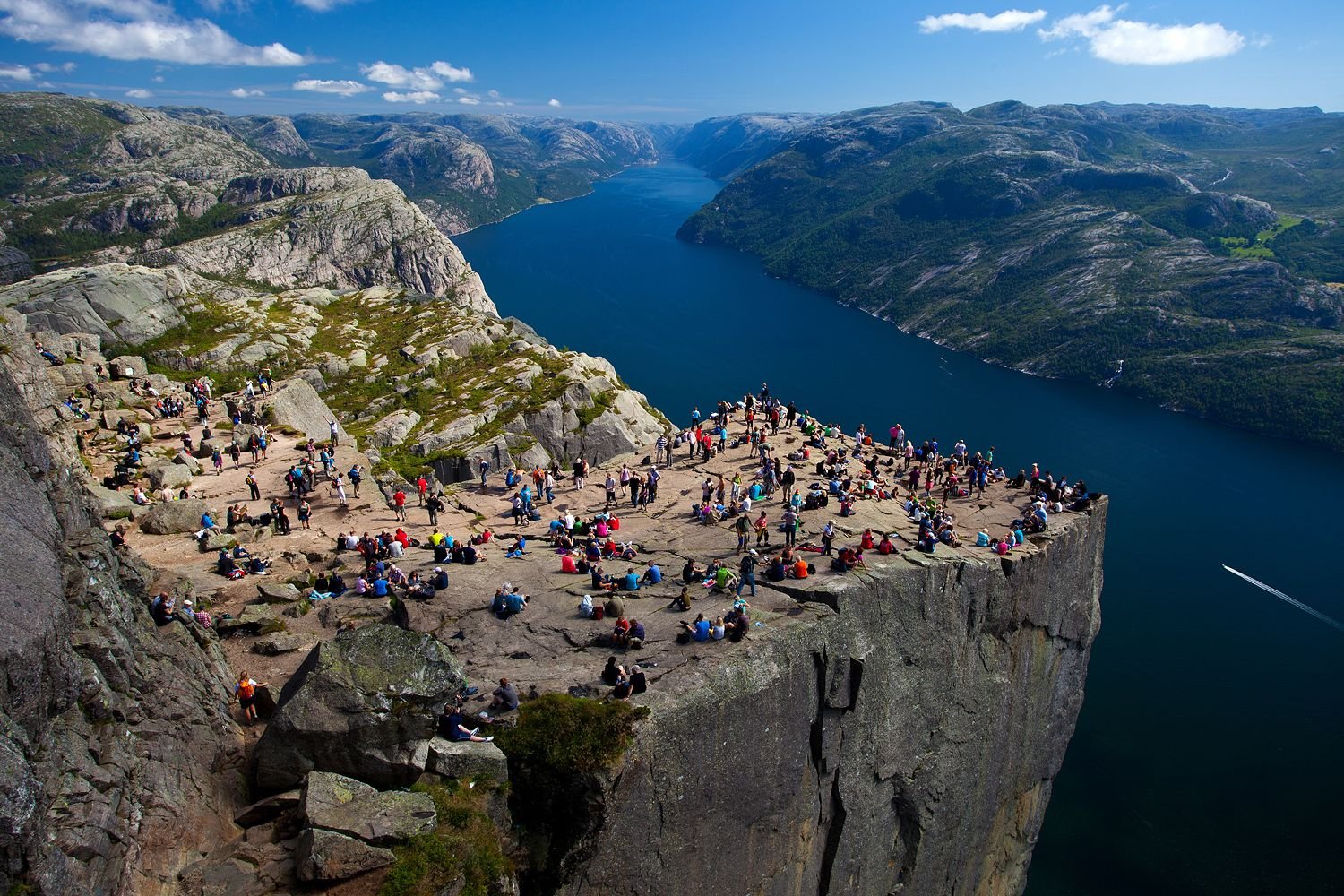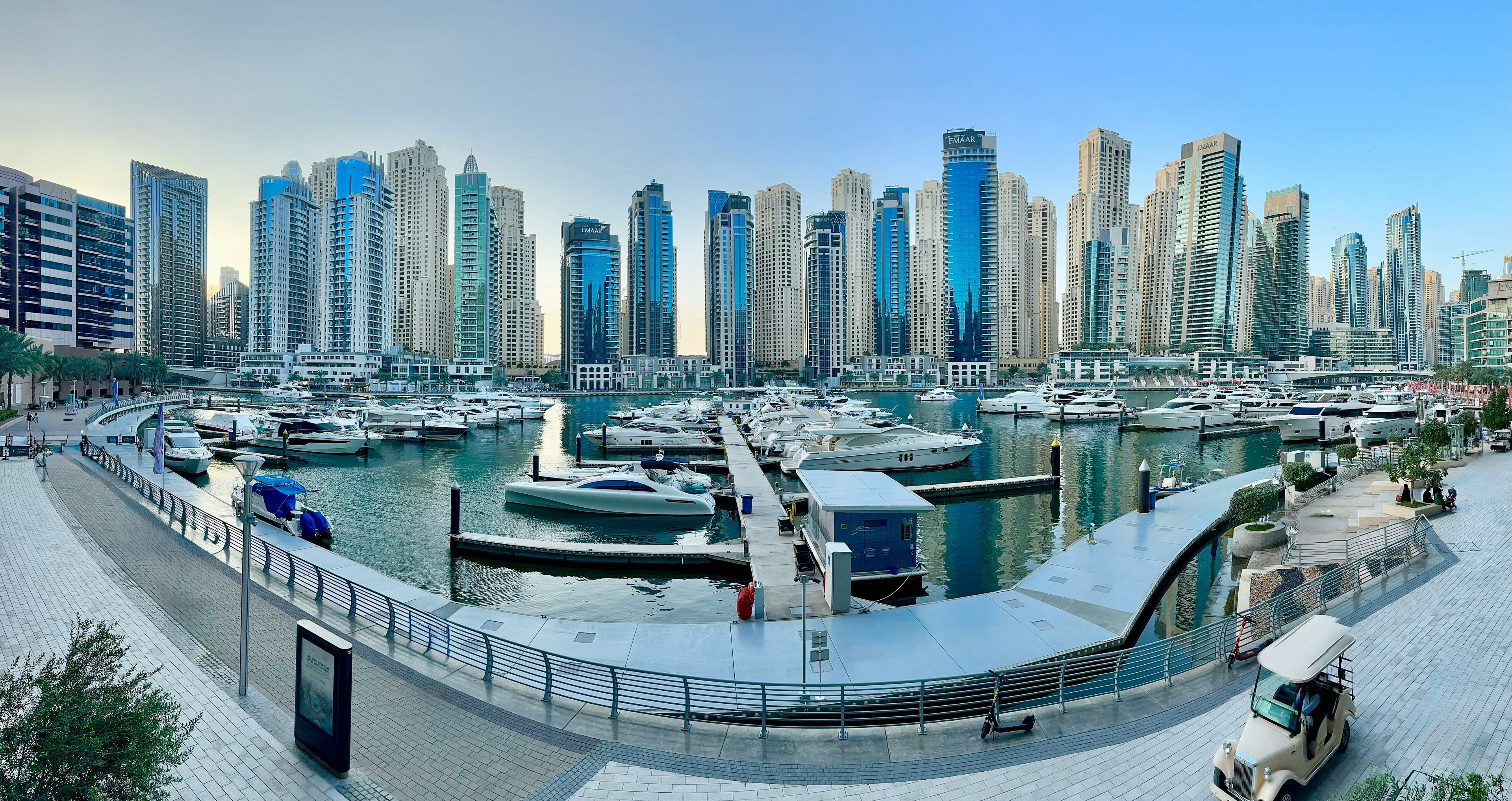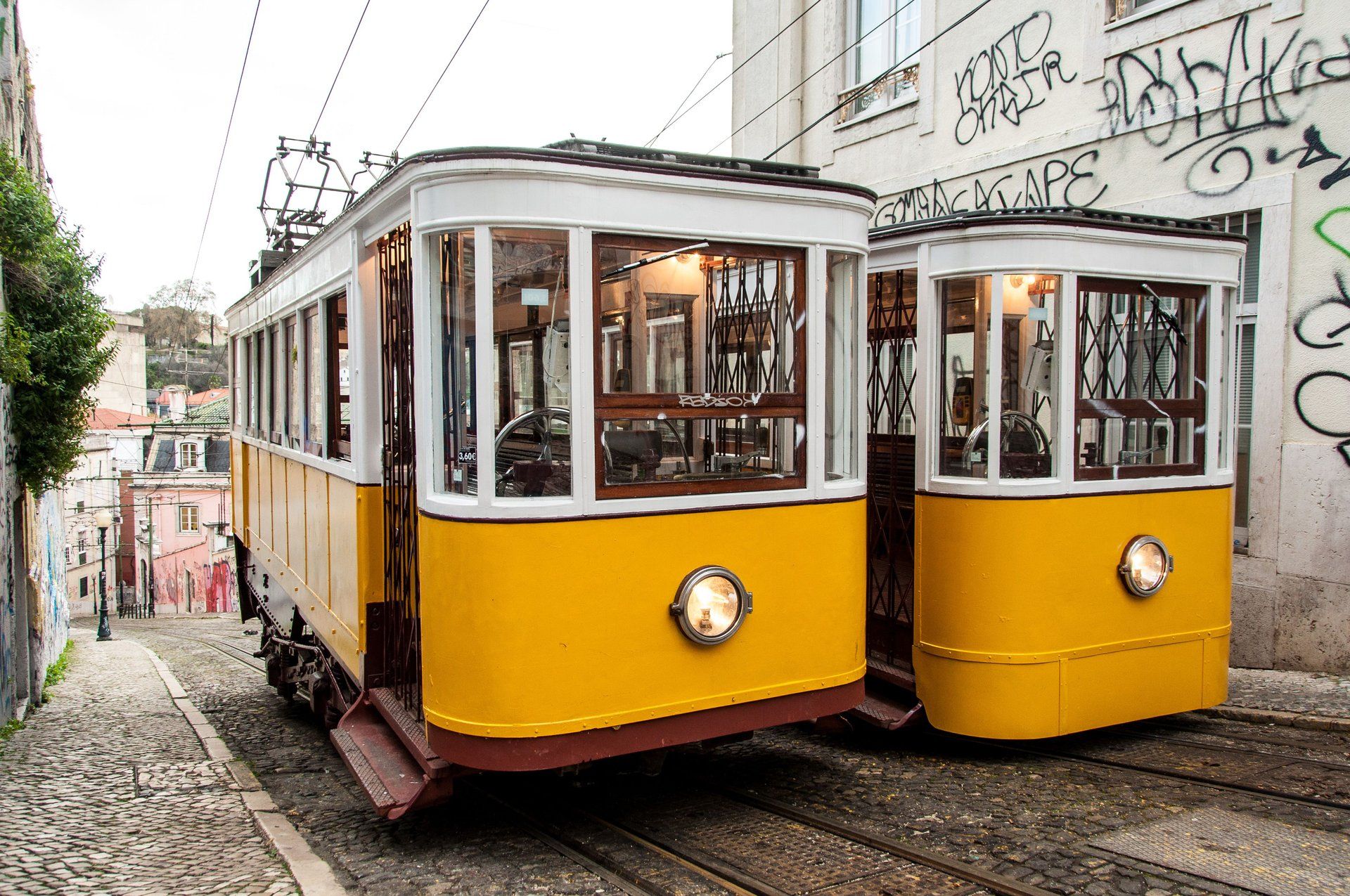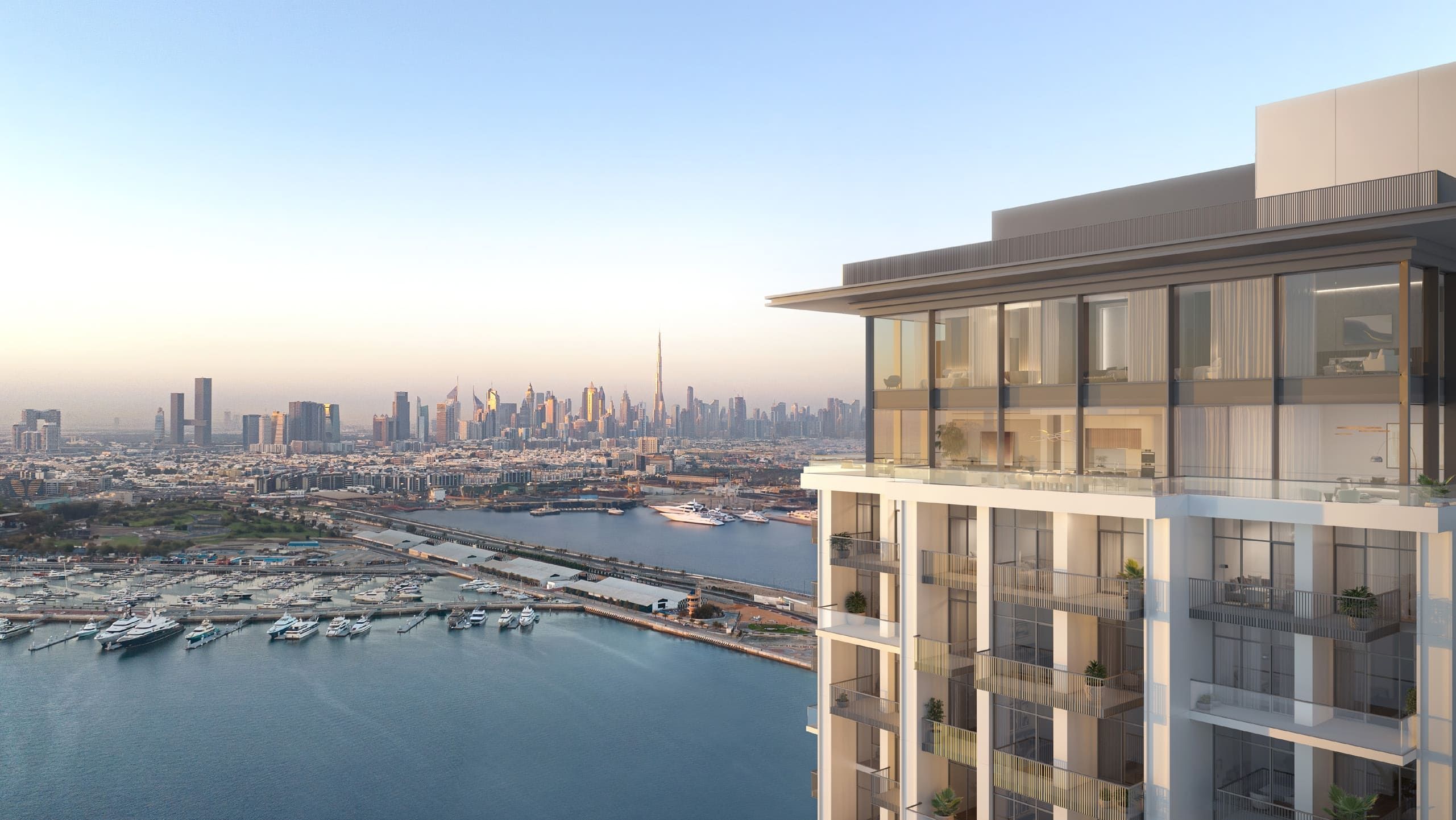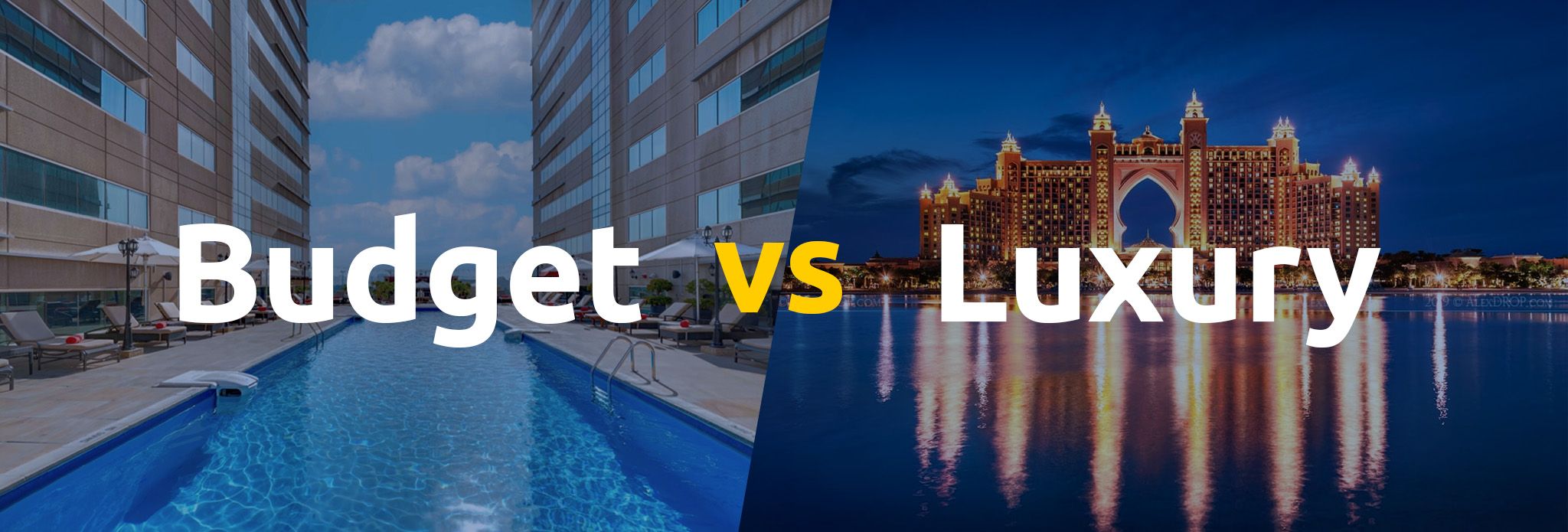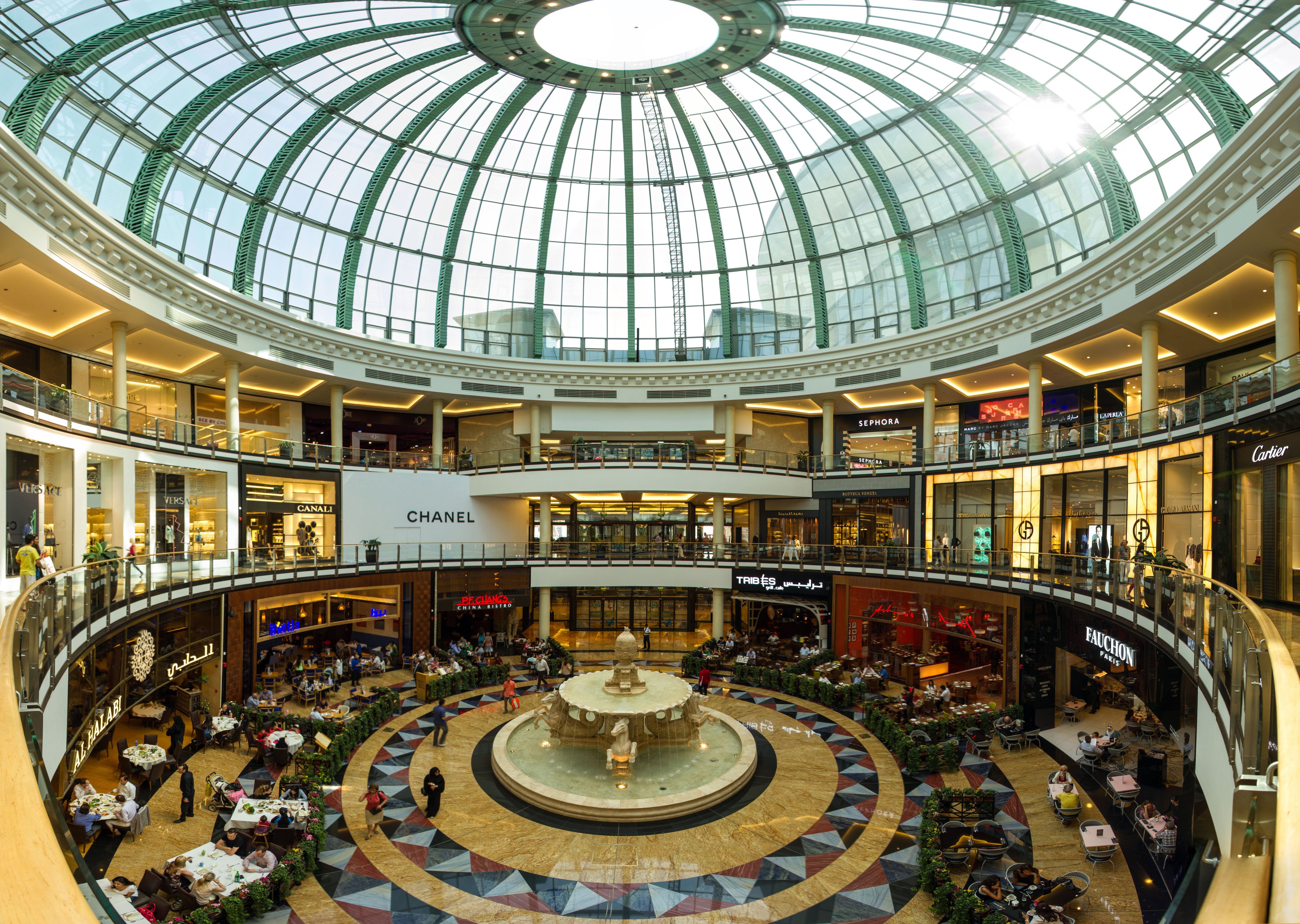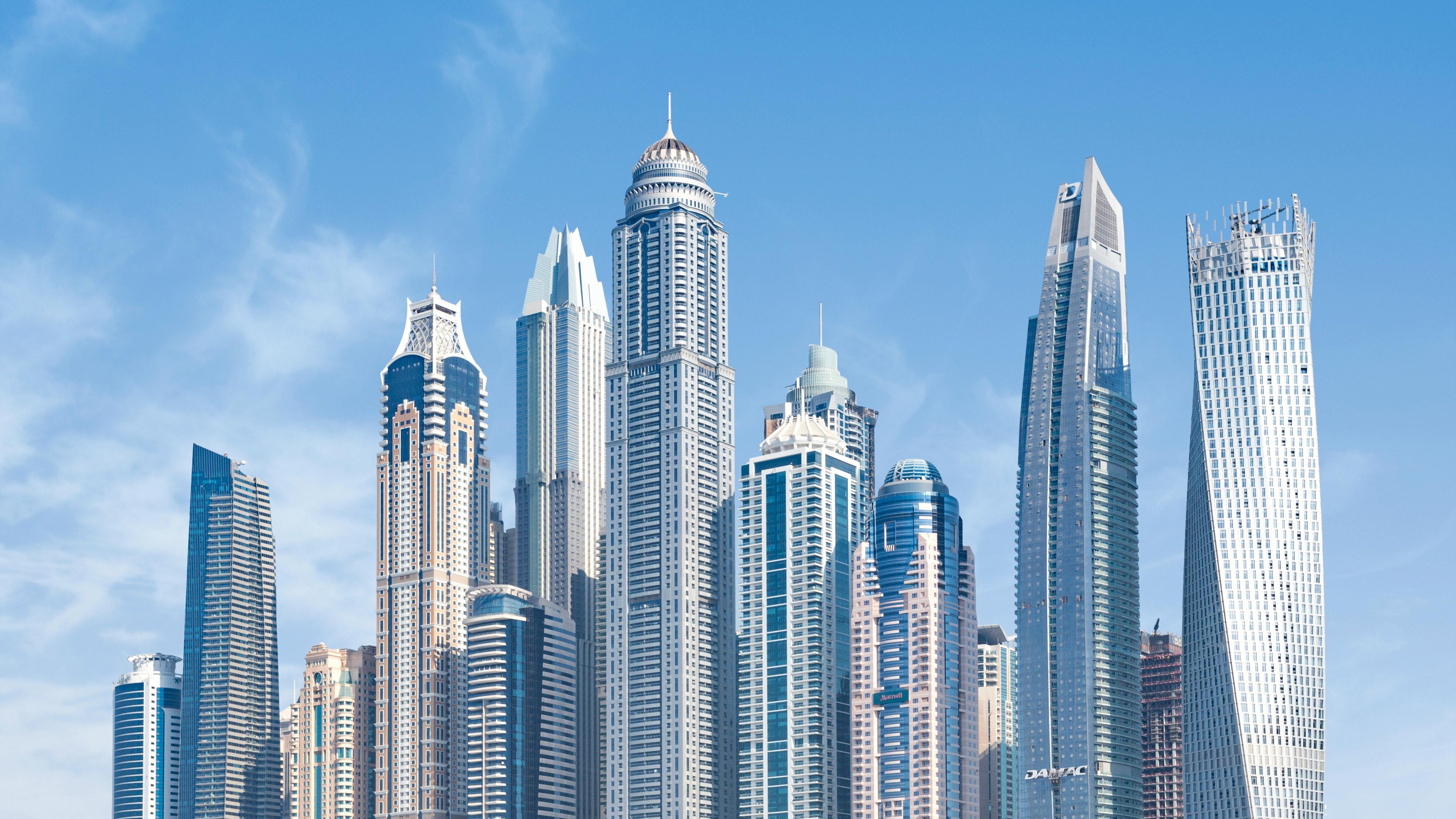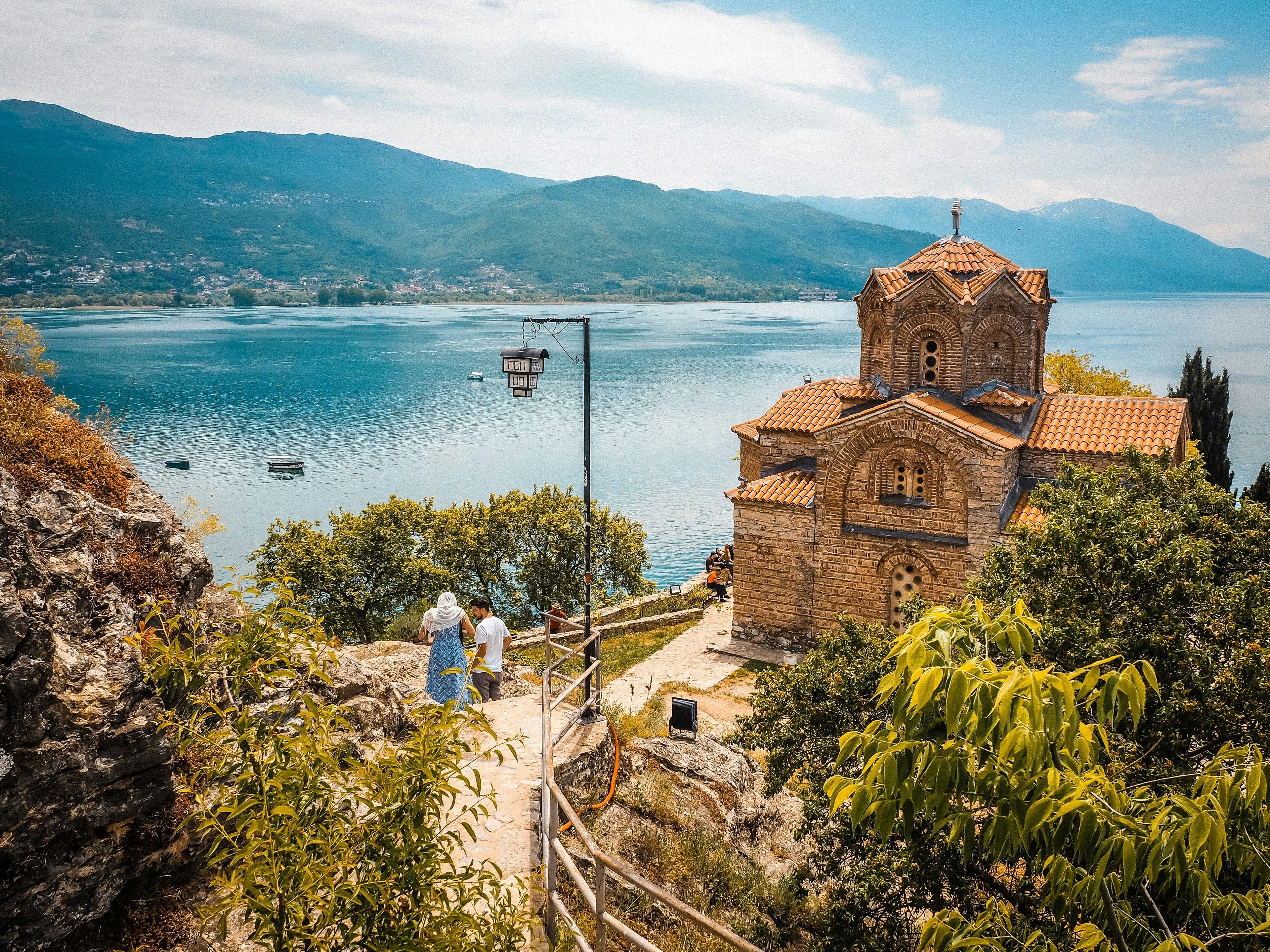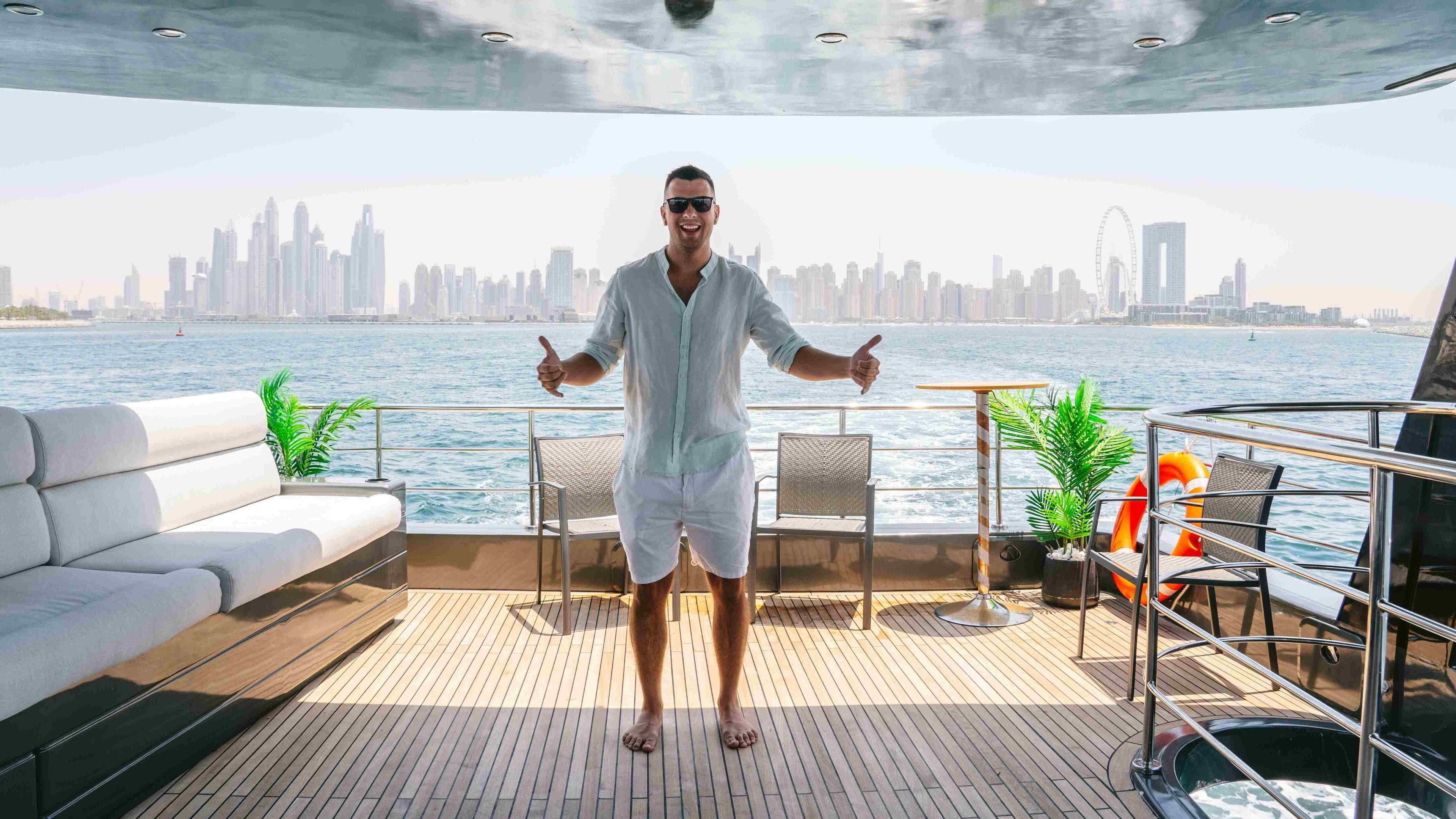Are you going on holiday to Dubai this year? Here you will find all the practical information about Dubai for the 2025/2026 season. You will learn what you need to know before travelling to Dubai: what transport is like, where to buy attractions and accommodation, what the current rules for entering Dubai are and how to prepare for your trip. Welcome to our guide to Dubai in a nutshell.
Dubai practical information – looking for more information? Read the guide to Dubai from Two Continents, where you will find even more information on a wider range of topics: entry rules, medicines, flights, language, safety, weather, Ramadan, attractions, time in Dubai and much, much more.
Entry requirements: necessary documents, do you need a visa for Dubai?
- To enter the UAE, you need a passport that is valid for at least 6 months from the date of departure from Dubai.
- You do not need a visa for Dubai. A free 90-day tourist visa is stamped in your passport upon arrival.
Weather in Dubai
- Extremely hot summer: Dubai has high temperatures for most of the year, and summer (June to September) is particularly intense. Daytime temperatures often exceed 40°C, and in July and August they can reach as high as 42-45°C. At night, temperatures remain around 28-31°C, and high humidity intensifies the feeling of heat. During this period, the sea temperature reaches its maximum, ranging from 32-34°C.
- Mild and comfortable winter: Winter in Dubai (December to February) is the period of the lowest and most moderate temperatures, making it the ideal time to travel. During the day, the average temperature is around 24-26°C, which is ideal for sightseeing and relaxing on the beach. At night, the temperature drops to 14-16°C in the city and can drop to as low as 10-12°C in the desert, making the nights much cooler. The sea temperature in winter is around 22-24°C.
Time in Dubai
The time in Dubai is GMT+4, and the time difference with most of Europe depends on which time zone you are in. Let's use Poland as an example, which is in the GMT+1 time zone in winter and GMT+2 in summer.
- If it is 12:00 noon in Poland (1 August), it will be 2:00 p.m. in Dubai.
- If it is 12:00 noon in Poland (1 December), it will be 3:00 p.m. in Dubai.
Tourist tax in Dubai
- 5-star hotel: approx. 20 AED/room/night
- 4-star hotel: approx. 15 AED/room/night
- 3-star hotel: approx. 10 AED/room/night
Language in Dubai
- Official: Arabic, English
- You can easily communicate in English everywhere. If you do not know any foreign languages, you can communicate with the help of an interpreter; people in Dubai are helpful and will gladly accept this form of communication.
Currency in Dubai
- Official currency: United Arab Emirates Dirham (AED). 1 AED = approx. 0.23 euro.
- You can also pay in euros and dollars in some places, but this is not recommended due to poor exchange rates.
- In 99.99% of places, you can pay by card.
Electrical sockets in Dubai
Dubai uses type G electrical sockets, i.e. British sockets, which have three rectangular pins. The mains voltage is 220 V, so you will need an adapter to connect electronic devices such as phone or laptop chargers that are not equipped with this type of plug. Some accommodations adapt their sockets to European standards. You will not need an adapter in private apartments from Two Continents.
Safety in Dubai
- Dubai is considered one of the safest cities in the world.
- Dubai has a very low crime rate, and common crimes such as theft are rare.
- There is a special tourist police force in Dubai that deals with priority issues for travellers, such as lost wallets or phones.
Alcohol regulations in Dubai
- You must be 21 years of age to legally purchase and consume alcohol in Dubai.
- In Dubai, there is a strict ban on drinking alcohol in public places such as streets, parks and beaches; being drunk in these places is a criminal offence and may result in a fine, detention or prison in Dubai.
- Tourists can legally purchase alcohol in licensed establishments and consume it in private places, such as a hotel room or private apartment. You can buy it provided you have your passport with you.
Prices and expenses in Dubai
- Daily expenses, such as public transport, eating at local restaurants or shopping in supermarkets, are comparable to prices in European cities. Fuel and public transport prices may be lower than in Europe.
- Standard prices for hotels and private apartments range from AED 150 to AED 250 per person per night.
- In exclusive restaurants, dinner for one person costs from AED 300 to as much as AED 1,000. In mid-range restaurants, a meal costs between AED 50 and AED 150. In local eateries in districts such as Deira or Al Karama, you will pay between AED 10 and AED 30 for Middle Eastern dishes. You will pay similar prices to those in Poland for basic food products in supermarkets, with cheaper fruit and drinks, but more expensive meat and dairy products.
- Public transport, including the metro, is relatively cheap, with ticket prices starting at a few AED. A taxi ride from Dubai Marina to the airport costs around AED 100, and to Dubai Downtown around AED 50.
- Alcohol is expensive due to legal regulations. Beer in a bar costs between 40 and 70 AED, a glass of wine between 50 and 100 AED, and a drink in a bar costs an average of 45 AED. In liquor stores such as MMI, Heineken beer (0.35l) costs around 9 AED, wine can be bought from 30 AED, and whisky from 100 AED.
Are you interested in the cost of living in Dubai for permanent residents? Read our article on the cost of living in Dubai.
Transport in Dubai
Public transport in Dubai – how does it work? You can read more in the guide to public transport in Dubai. In short:
- The public transport system in Dubai includes the metro (fast, air-conditioned, fully automated with two main lines: Red and Green), buses (reaching every district, modern and adapted), trams (running mainly in the Dubai Marina and JBR districts, ideal for short distances), taxis (available 24/7) and ferries and abras (boats, as an alternative means of transport along Dubai Creek). The metro is considered the best way for tourists to get around, connecting the airport with the city centre and main attractions.
- Public transport fees are based on the number of zones crossed, and the city is divided into 7 zones. Metro ticket prices with a Nol Silver card start at AED 3 for one zone. Public transport, including the metro and buses, is relatively cheap and well developed, making it an economical and convenient way to get around the city for those without a car.
- The entire public transport system in Dubai is managed by the RTA (Roads and Transport Authority). To use the metro, trams and buses, you need a special Nol card, which you can top up as needed. This card works on a ‘pay as you go’ basis. For tourists, the best options are the Nol Red Ticket (for several journeys) or the Nol Silver Card (for a longer stay). Nol cards can be purchased at metro stations, ticket machines, RTA customer service points and at the airport, and then topped up and scanned when entering and exiting vehicles.
Accommodation and attractions in Dubai – where to book?
- Tourist attractions in Dubai – where is the best place to book? You can book the cheapest tickets to attractions in Dubai and original guided tours of the city here: attractions in Dubai.
- You can book accommodation in Dubai in private apartments or hotels here: accommodation in Dubai.
Culture and customs of Dubai
What are the customs and culture you should know about before travelling to Dubai?
- The culture of the Emirates in Dubai is based on deeply rooted Arab traditions, where hospitality, family and respect for elders play a key role. Despite its modernity, the city cherishes its customs. An example of a Bedouin tradition that is still practised is offering coffee and dates as a symbol of hospitality and respect.
- In public places, especially in Old Dubai, it is advisable to avoid clothing that is too short or revealing. It is worth opting for more modest attire, although the rules are more relaxed in modern districts and hotels. It is also important to remember that pointing with your finger can be perceived as rude – it is better to use your whole hand.
- In Dubai, it is strictly forbidden to drink alcohol in public places such as streets, parks or beaches; being drunk in these places is punishable by law. Muslims are completely prohibited from consuming alcohol.
Travel tips for Dubai
This short guide to Dubai should dispel any doubts you may have before your trip and provide you with the most important information. If you want to access other information for tourists about Dubai and read the latest news about Dubai, check our news section regularly. Have you read the practical information and decided to go on holiday to Dubai? Buy a package trip to Dubai and don't worry about unnecessary formalities: accommodation in a luxurious private apartment, a package of attractions, insurance and the care of a English tour guide are all included in one reduced price.
Questions and answers (FAQ):
- What attractions are worth visiting in Dubai in 2025/2026?
When planning your holiday in Dubai for the 2025/26 season, you definitely cannot miss attractions such as: a yacht cruise around Dubai, Desert Safari, Ain Dubai, Burj Khalifa, Dubai Fountains and Dubai Mall.
- Is Dubai safe for tourists?
Yes, Dubai is one of the safest cities for tourists in the world. It has repeatedly ranked in the TOP 5 safest cities in the world. It was surpassed by other cities in the UAE: Abu Dhabi and Ajman.
- How does public transport work in Dubai?
Public transport in Dubai is based on the metro, buses, tram network, ferries and abra boats. The best means of transport for tourists in Dubai is the metro. Fares are paid with a NOL card. You can buy one at any metro station. A single journey can cost between 3 and 7.5 AED.
